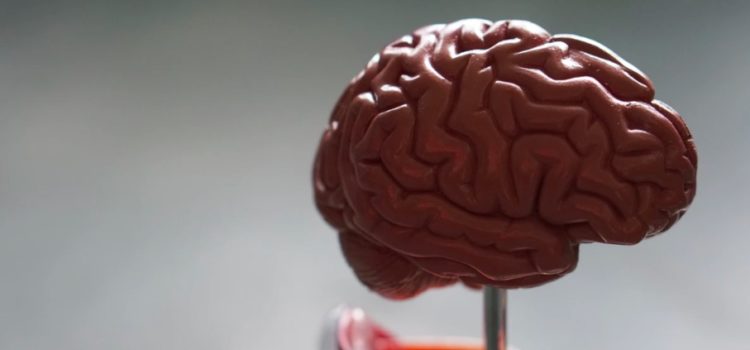What is narrow framing? Does it help or hinder our decision-making process? Narrow framing is when you focus on the details at the expense of the big picture. Narrow framing can hurt your decision-making skills because it keeps you from seeing your choices in context. We’ll cover what narrow framing is, how it differs from broad framing, and how to counter narrow framing in your everyday life.
Narrow Framing: One Way You Make Bad Decisions










